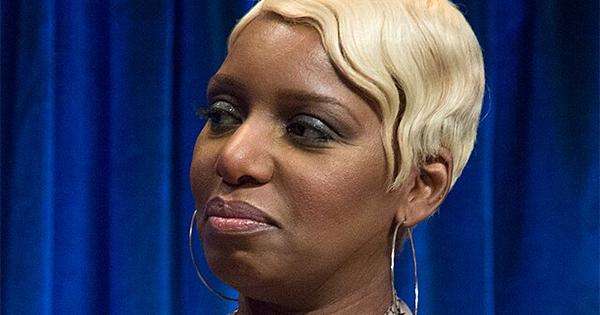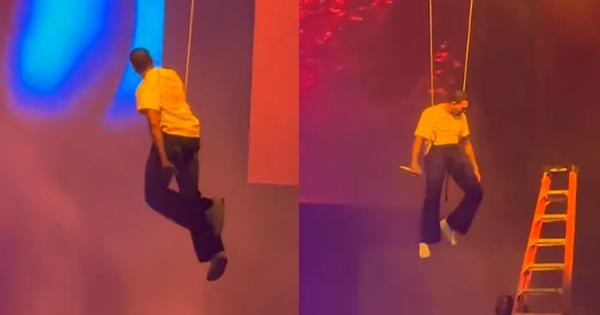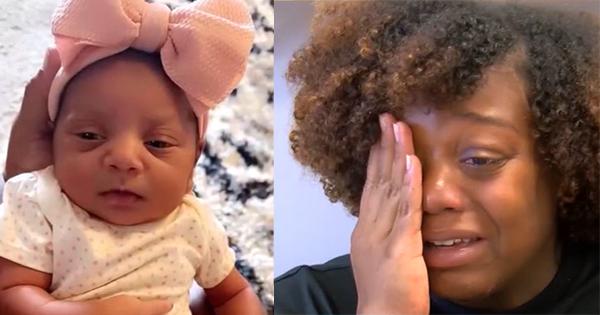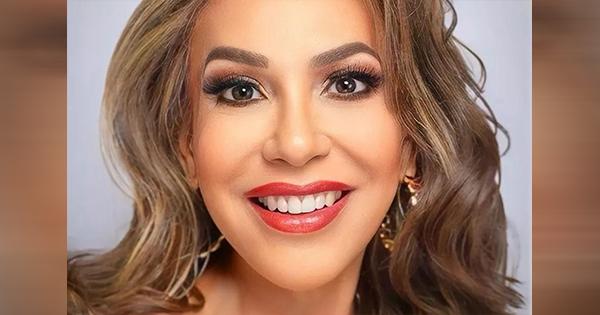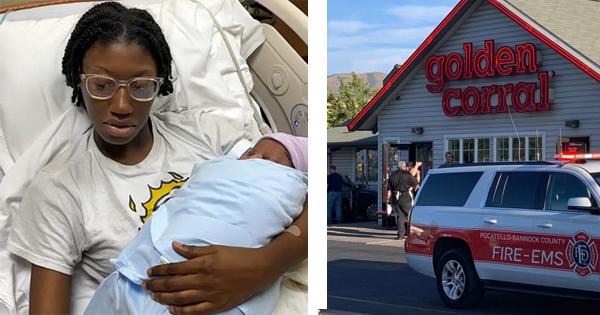By Rep. Bobby Rush (IL) and Howard James
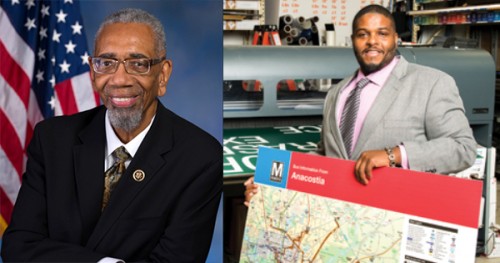
Nationwide — Good news just in from the U.S. Census Bureau – minority incomes are up. In fact, African-American and Hispanic households saw more than double the median income growth of their white counterparts from 2015 through 2016, according to a newly released report on income and poverty.1
For African-Americans, this mission is urgent. Recent research by the Institute for Policy Studies warns that, without action, Black wealth could reach zero by 2053. We need solutions to drive entrepreneurship, skills attainment, and lasting prosperity.
Franchise businesses have a vital role to play in answering this challenge. When combined with education, health, and anti-discrimination measures, these businesses can contribute to the “opportunity creation” leg of the stool.
Franchising is unique because it pairs a well-known umbrella brand with an independent, locally owned establishment. Although often associated with the restaurant sector, there are franchise businesses in hundreds of fields, from healthcare, fitness, and home maintenance to travel, entertainment, and marketing.2 All are ripe for development by and for minority communities.
In Illinois’s 1st congressional district alone, over 1,000 franchise businesses spend $584 million in payroll each year, support 24,000 jobs, and spur nearly $2 billion in economic activity.3 Nationwide, the industry is worth $1.6 trillion, with employment expanding faster than the rest of the economy in recent years.
Today, minority franchise ownership stands at 20.5%, leaving plenty of room for growth. That’s why we’re holding a Franchise Fair in association with the Congressional Black Caucus Foundation’s 2017 Annual Legislative Conference.
We’ll join with other African-American franchise leaders in attendance, including a Christian wife and mother who found a way to live her principles and excel in business4, as well as a former NFL player who brought the first sit-down eatery to Washington D.C.’s then-overlooked 8th Ward.5 Together we aim to demonstrate how franchises are working for our entrepreneurs, employees, and communities.
Minorities have too frequently been denied the opportunity to begin on even the ground floor in business, but franchising has helped thousands of our entrepreneurs overcome common obstacles, such as access to capital. Under the franchise business model, aspiring owners can approach a bank with a proven concept in hand to obtain a business loan. Many franchisors also offer financing options.
What’s more, new establishments immediately enjoy a level of brand recognition, customer loyalty, and often revenue that could otherwise take years of investment to build. And first-time owners can work within a well-developed operating structure, get advice from colleagues running the same types of companies, and learn on the job as they provide for their families.
This on-the-job training can be essential for those just beginning to hone their business skills and create wealth, and it doesn’t only work for entrepreneurs. Franchising is the country’s top career development industry, welcoming entry-level employees with or without a college degree. Through expanded apprenticeship opportunities and other programs, franchise businesses are actively addressing minority communities’ need for skills training. Plus, minority-owned franchises communicate a critical message to workers who want to move up: “I did it and so can you.”
There is no single model for minority wealth accumulation. America’s people of color need an “all of the above” strategy that supports franchising alongside traditional small business development to revive struggling neighborhoods and propel successful communities to new heights. We look forward to exploring solutions this week and to working through the Congressional Black Caucus to make them a reality.
Bobby Rush is a Congressman representing Illinois’s 1st District. Howard James is a FASTSIGNS franchisee in Washington, DC.
PRESS CONTACT:
KBK Consulting Group
kkimble@kbkconsultinggroup.com
202-696-0138
[1] www.census.gov/content/dam/Census/library/publications/2017/demo/P60-259.pdf (page 7 as numbered on pages)
[2] www.franchisedirect.com/industries/
[3] www.franchise.org/sites/default/files/Economic%20Impact%20of%20Franchised%20Businesses_Vol%20IV_20160915.pdf (Page 279 in PDF view)
[4] www.essence.com/lifestyle/money-career/tonya-brigham-smoothie-king-franchise-owner
[5] www.nflplayerengagement.com/next/articles/tyoka-jackon-ihop-washington-dc/

